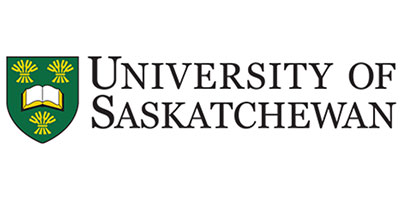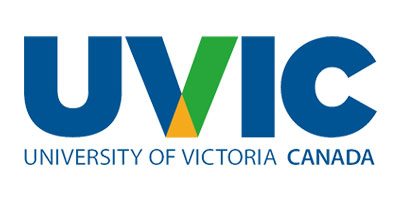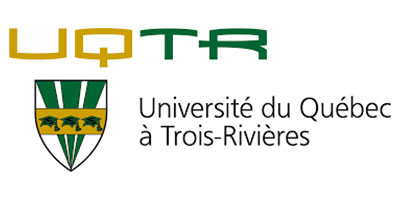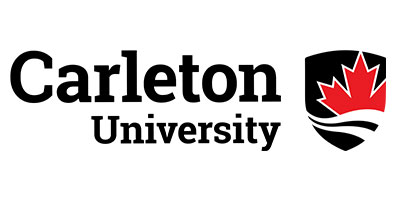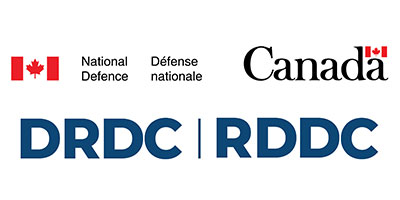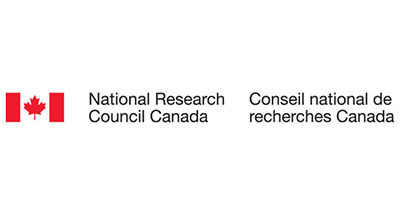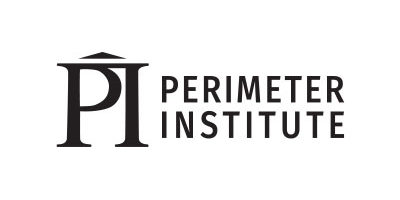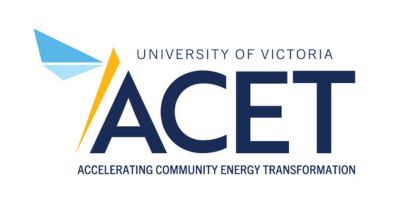Budgets, by their nature, are multi-headed beasts. They must provide a financial blueprint for the country, prioritizing investments and signalling to markets how Canada plans to grow its economy and create opportunities for its people. They must express strategic and philosophical intent, helping government departments/agencies, businesses and taxpayers discern direction and plan for the future. And they must serve political ends, speaking directly to voters and inspiring their support. The best among them resolve these objectives into an image of kaleidoscopic coherence and complexity; the worst are chimeras that confuse and unsettle.
Budget 2019, Investing in the Middle Class, aptly falls in the middle. It strengthens the federal government’s commitment to the research environment and a highly skilled workforce—the cornerstones of a globally competitive knowledge economy—but it does not recognize the critical balance between the push of knowledge creation and the market pull that moves ideas and innovations toward application and impact. It hints at major changes to the regulation and financing of the health and biosciences sectors, but there are few details, which raise more questions than provide answers. And while we welcome a more strategic, voter-relatable set of research investments, we are concerned that these could potentially create a complicated system of governance and oversight.
As a meeting place and advocate for the diverse academic institutions, healthcare providers, small and large life sciences companies, charitable organizations and patient groups whose work is central to the success of Canada’s health research and innovation ecosystem, Research Canada finds much in Budget 2019 to encourage us. At the same time, for a sector whose ability to improve Canadians’ health and contribute to the economy requires predictable and sustainable investments in projects, people, infrastructure and incentives, this budget misses some opportunities—particularly in light of Budget 2018’s historic investment in Canadian research.
People. Budget 2019’s investments in talent represent an important step in the right direction. Research Canada applauds investments to ensure that Indigenous students have better access to post-secondary education, and more support to ensure that they can succeed during their studies. Canada will not uncover truth and experience reconciliation with Indigenous peoples if their communities continue to trail the rest of the population in health outcomes, education and economic opportunity.
We welcome the $114 million to create more master’s level and three-year doctoral scholarship awards annually through the Canada Graduate Scholarship program. At the same time, this investment falls short of the one proposed by the Expert Panel on Fundamental Science and misses an opportunity to better support post-doctoral candidates both during their training and as they transition to academic or other scientific careers.
Science. Budget 2019’s investments in science will propel Canada’s global leadership in strategic areas. Research Canada applauds the $18 million investment in the Stem Cell Network as well as the $100.5 million for Genome Canada; we are also extremely pleased with the investment of $25 million in Veteran Health Research through the Canadian Institute for Military and Veteran Health Research (CIMVHR).
The Budget, though, overlooks opportunities to accelerate research in applied educational settings. Colleges and institutes are uniquely positioned to support lifelong learning, which leads to innovation because they operate at the intersection of higher education and the needs of future employers across the health sector.
Budget 2019 also omitted new investment in the indirect costs of research through the Research Support Fund (RSF). These costs continue to outstrip academic institutions’ available resources and are placing the sustainability of research operations—and therefore our ability to deliver on the potential of research talent and capacity—in some jeopardy. Research Canada joined the research community in recommending the government increase the minimum threshold for reimbursement of indirect research costs to 25 per cent for all institutions via the RSF.
Economy. Budget 2019 takes important steps to reduce barriers and create incentives for companies to invest in health and biosciences R&D, but persistent uncertainty with respect to the impact of possible regulatory changes—including pharmacare—are concerning. It will be critically important to engage the health and biosciences sector and solicit their advice and expertise as the government develops regulatory roadmaps and takes next steps towards updating the regulatory regime so that these changes are aligned with industry realities.
Accountability. Budget 2019 signals an intent to improve accountability, transparency and integration across Canada’s research funding agencies, programs and initiatives, which is admirable. The lack of detail; however, creates some confusion. While we welcome efforts through the Strategic Science Fund, for example, the question arises: How do we coordinate oversight and mitigate gaps and overlaps in research funding with yet another fund in the absence of a comprehensive plan for Canadian research and innovation? Perhaps it will be important to ensure that we select future investments into third party research organizations where they clearly align with the directions of the research councils and CFI.
Budget 2019 is a work in progress. It is in the spirit of questions like these that Research Canada looks forward to continuing our discussions with the Government of Canada to better understand the proposals relevant to our sector in Budget 2019.


